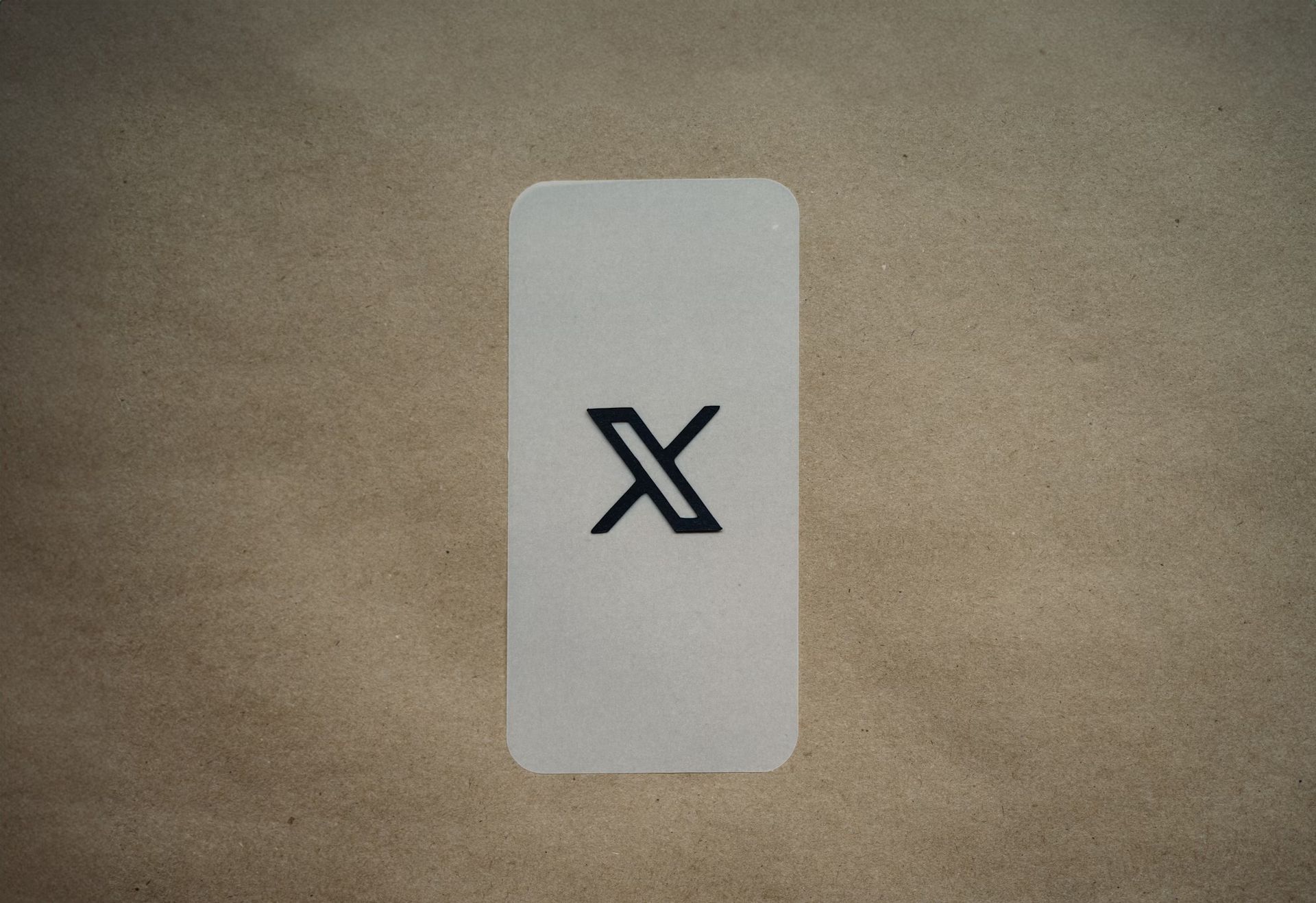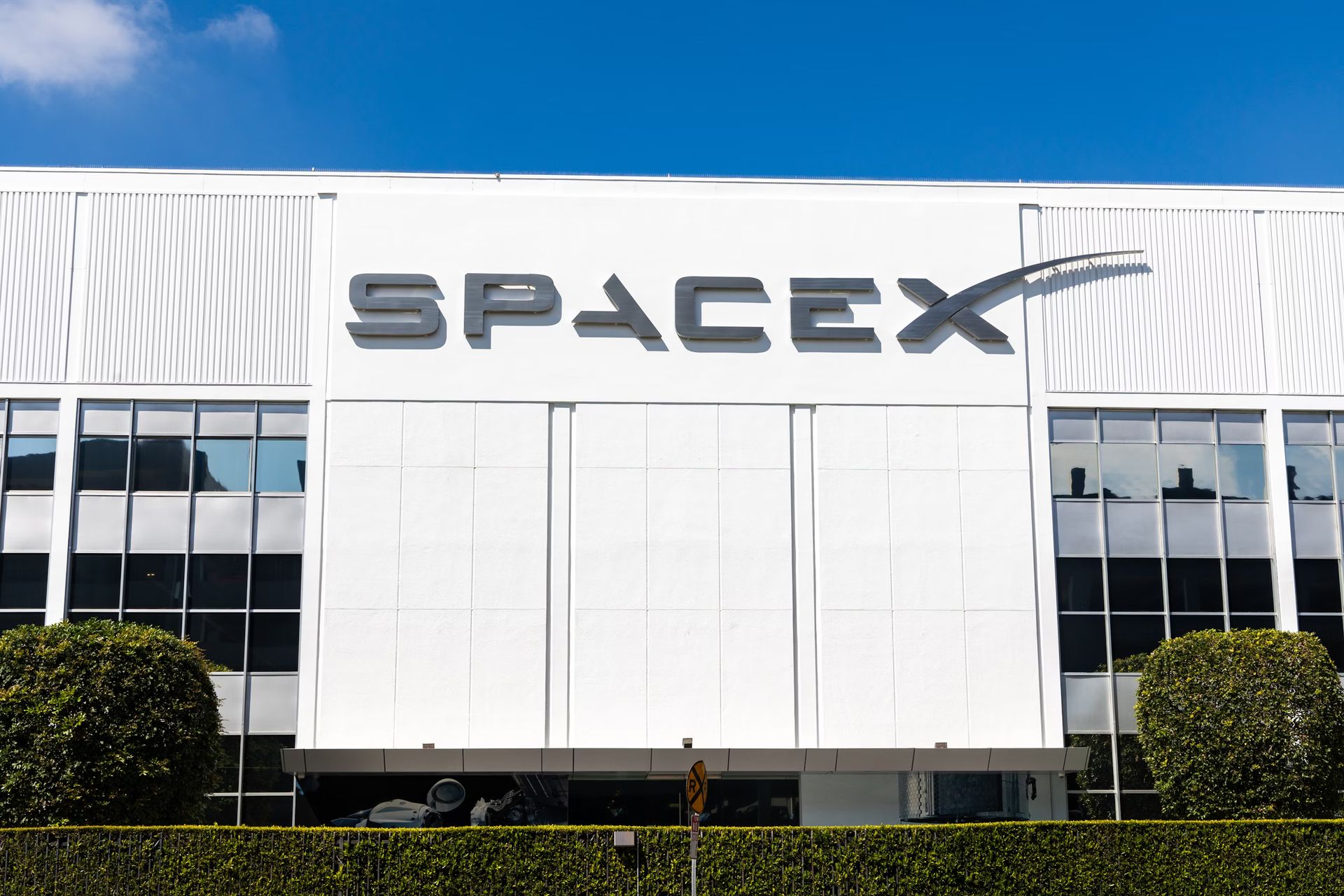and the distribution of digital products.
The fight between Elon Musk and Brazil intensifies

Brazil’s Supreme Court has made a decisive move to restrict access to X, formerly known as Twitter, following owner Elon Musk’s defiance of court orders. A panel of five justices upheld the ruling issued by Justice Alexandre de Moraes, who had previously ordered the National Telecommunications Agency (Anatel) to implement the ban. The directive came after Musk refused to block certain accounts and failed to appoint a legal representative in Brazil.
The ruling, now supported by justices Cristiano Zanin, Flávio Dino, Cármen Lúcia, and Luiz Fux, underscores Brazil’s strict stance on compliance with its legal system. While Justice Fux expressed concerns over imposing fines on users circumventing the ban through VPNs, he agreed that penalties should be reserved for those spreading criminal content, such as pro-Nazi or fascist messages.
As the ban takes effect, rival platforms have witnessed a surge in Brazilian users migrating to their services. Poder360, a Brazilian news outlet, has announced it will manage its X account from Portugal to adhere to the judicial order.
X marks the spot: Brazil’s standoff over Twitter ban and free speech
SpaceX won’t follow the court’s decisionSpaceX’s satellite internet service, Starlink, has informed Anatel that it will not enforce the ban until the court releases its frozen assets. Justice de Moraes has blocked Starlink from conducting financial transactions in Brazil as the court seeks to recover $3 million in fines levied against X. Despite the ban, X remains accessible in Brazil via Starlink, highlighting the ongoing tension between Musk’s enterprises and Brazilian authorities.
The Brazilian Supreme Court has intensified its actions against X, with internet providers and app stores given a strict deadline of September 4th to block access to the platform, according to a Poder360 report. As of Sunday night, X had largely become inaccessible across the country, leaving only VPNs and Starlink, the satellite internet service run by Elon Musk, as viable options for access—though using a VPN could result in severe penalties.
 The fight between Elon Musk and Brazil intensifies (Image credit)
The fight between Elon Musk and Brazil intensifies (Image credit)
Starlink, however, has resisted compliance with the court’s orders, citing the freezing of its assets as a barrier. The president of Brazil’s telecommunications agency, Anatel, confirmed that Starlink refused to enforce the ban until its local bank accounts were unfrozen. This resistance has put Starlink, a subsidiary of SpaceX, directly in the crosshairs of Justice Alexandre de Moraes, who has been assertive in his efforts to curb hate speech and disinformation on X. De Moraes has blocked Starlink’s accounts in a bid to recover $3 million in fines imposed on X for non-compliance with his directives, according to The New York Times.
Musk, who claims to own 40 percent of SpaceX, has condemned the freezing of Starlink’s assets as “illegal,” arguing that X and SpaceX operate as distinct entities. Despite this, the court dismissed Starlink’s petition to release its funds. In response, Starlink has pledged to provide free internet to its approximately 250,000 Brazilian customers, a significant portion of whom are in remote regions and Indigenous communities in the Amazon.
The standoff may escalate further if Starlink continues to defy the court’s orders. Brazil could revoke Starlink’s operating license, and if the service persists post-revocation, authorities may resort to seizing equipment from the 23 ground stations that support Starlink’s satellite connections. This equipment is crucial for maintaining the quality of the service, particularly in underserved areas of Brazil.
Featured image credit: Kelly Sikkema/Unsplash
- Home
- About Us
- Write For Us / Submit Content
- Advertising And Affiliates
- Feeds And Syndication
- Contact Us
- Login
- Privacy
All Rights Reserved. Copyright , Central Coast Communications, Inc.